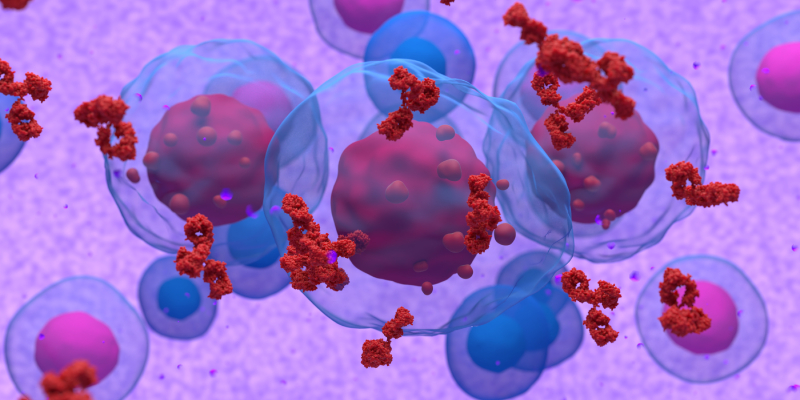CAR-T in Frail, Elderly Patients with Multiple Myeloma
By Hamza Hashmi, MD - Last Updated: December 14, 2023Hamza Hashmi, MD, of the Medical University of South Carolina, joined Chadi Nabhan, MD, MBA, FACP, host of The HemOnc Pulse, to discuss chimeric antigen receptor (CAR) T-cell therapy in elderly patients with multiple myeloma (MM) at the 65th American Society of Hematology Annual Meeting & Exposition.
As of December 2023, CAR-T is approved commercially for patients who have had at least four prior lines of therapy. As Dr. Hashmi noted, some clinical trials are comparing CAR-T with transplant for high-risk myeloma, while others are evaluating CAR-T post-transplant.
“I’m very hopeful that CAR-T is going to move into earlier lines of therapy, and that is perhaps the holy path toward our goal for a cure for myeloma one day,” Dr. Hashmi said.
Dr. Hashmi’s research evaluated the safety and efficacy outcomes of CAR-T in elderly patients with relapsed or refractory MM. Of 130 patients, two-thirds were defined as frail using the simplified frailty index. The frailer patient population had a higher treatment-related mortality than the nonfrail group.
In terms of safety outcomes, Dr. Hashmi noticed that all grades of immune effector cell-associated neurotoxicity syndrome (ICANS) were slightly higher in the elderly population, but there were no differences in grade 3 or higher ICANS.
“We believe that this is related to more of a permeable blood-brain barrier in these elderly patients,” he explained.
Finally, Dr. Nabhan asked Dr. Hashmi if these results would affect the way he treats elderly patients.
“This study not only guides us to enroll these patients in trials and not be frayed by the risk of toxicities, but also insurance companies should not pose any major barriers to giving CAR-T to elderly, frailer patients,” Dr. Hashmi concluded.






 © 2025 Mashup Media, LLC, a Formedics Property. All Rights Reserved.
© 2025 Mashup Media, LLC, a Formedics Property. All Rights Reserved.